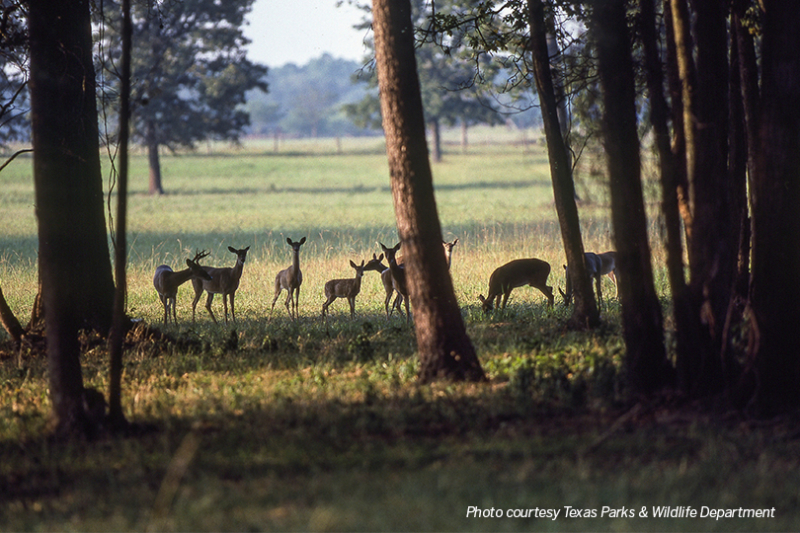By Jessica Domel
Multimedia Reporter
After testing thousands of free-ranging white-tailed deer in the United States, the U.S. Department of Agriculture (USDA) concluded SARS-CoV-2, the virus that causes COVID-19 in humans, is likely to have spread widely within the U.S. wild deer population.
Research from USDA’s Animal and Plant Health Inspection Service (APHIS) also reportedly shows the virus was transmitted from humans to deer, mutated, and was potentially transmitted back to humans.
The research is underway to help APHIS understand if members of the deer family are acting as a host or a reservoir species, where the virus can survive and potentially change.
During the first year of research, over 11,000 white-tailed deer were tested for SARS-CoV-2, and the virus was detected in 12.2% of the deer.
Nearly 32% of the deer tested had antibodies that indicate they were previously exposed to the virus.
Twenty-four swabs were collected in Texas, and two tested positive for SARS-CoV-2.
The second year of this research is underway and has been expanded to include other members of the deer family.
APHIS also investigated if deer can transmit the virus back to humans.
Between November 2021 and April 2022, more than 9,000 respiratory samples were collected from free-ranging white-tailed deer in 27 states.
The results found SARS-CoV-2 spilled over from humans to white-tailed deer at least 106 times, mutated, and then in three instances may have been transmitted back to humans.
APHIS noted that while experts are still learning about the virus in animals, there is currently no evidence that animals play a significant role in spreading the virus to humans.
According to the Centers for Disease Control and Prevention (CDC), no evidence shows humans can get COVID-19 by preparing or eating food, including wild hunted game meat, in the United States.
The CDC does urge hunters to avoid contact between wildlife and domestic animals, including pets and hunting dogs; avoid harvesting animals that appear to be sick or are found dead; and keep game meat clean and cool it down as soon as possible after harvesting the animals.
According to APHIS, the virus has also been found in cats, dogs, tigers, lions, gorillas, snow leopards, otters, spotted hyenas and mink.

